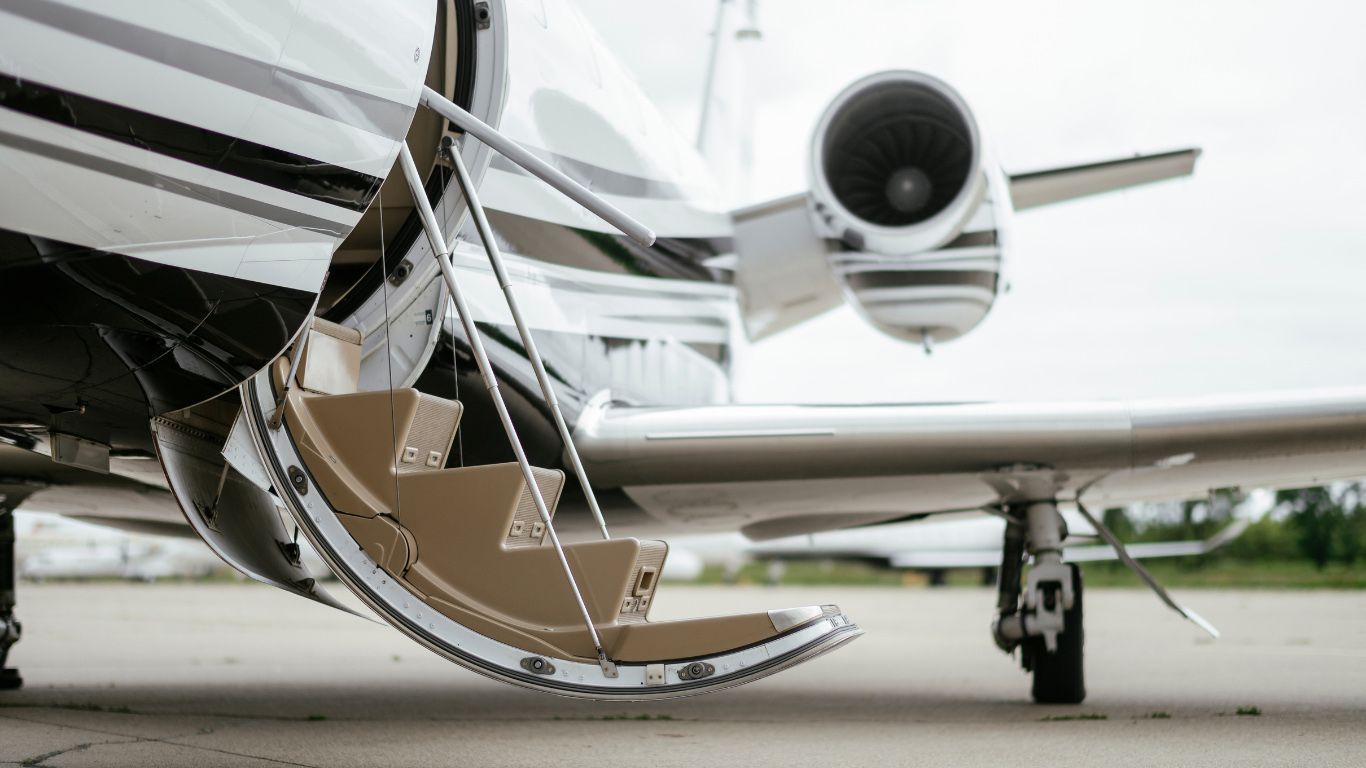In-Flight Pediatrics: Caring for Young Passengers
Traveling with children presents a unique set of challenges and considerations, especially when it comes to air travel. Ensuring the health, safety, and comfort of young passengers is paramount, not just for the well-being of the child but for the peace of mind of their guardians and the comfort of fellow travelers. This blog explores the specialized field of in-flight pediatrics, focusing on how airlines, crew members, and parents can work together to create a safer, more comfortable experience for young passengers.
Understanding the Needs of Young Flyers
Children are not just small adults; their physical and emotional needs differ significantly. Factors such as air pressure changes, limited mobility, and the unfamiliar environment of an aircraft can impact children differently than adults. Recognizing these differences is the first step in providing appropriate care and support.
Pre-Flight Preparations
The groundwork for a smooth journey with children starts well before boarding. Parents and guardians can prepare by:
Consulting with a pediatrician about travel plans, especially for infants or children with medical conditions.- Packing essentials, including snacks, medications, comfort items (like a favorite toy or blanket), and entertainment to help keep children calm and engaged during the flight.
- Educating children about what to expect during a flight, which can help alleviate fears and manage behavior.
Onboard Strategies for Child Health and Safety
Airlines and their crew can play a significant role in accommodating young passengers:
Training in pediatric first aid for flight attendants can be lifesaving in emergencies and reassuring to parents.- Child-friendly meals and snacks cater to younger palates and dietary needs, making it easier to manage mealtimes.
- Entertainment options like movies, games, and activities suited for children can make a long flight more enjoyable for young travelers.
Addressing Common In-Flight Pediatric Concerns
Several health-related issues can arise during flights. Here's how they can be addressed:
Ear pain due to pressure changes: Encourage swallowing or yawning during ascent and descent. For infants, sucking on a bottle or pacifier can help.- Motion sickness: Seating children near the middle of the airplane, where motion is felt less, can help. Consultation with a pediatrician about appropriate anti-nausea medication might also be beneficial.
- Dehydration and dry air: Ensure children stay hydrated by offering water regularly. A nasal saline spray can help keep nasal passages moist in the dry cabin air.
The Role of In-Flight Pediatrics Specialists
Some airlines have begun to recognize the value of having pediatric health specialists accessible, either on staff or via telemedicine services, to assist with medical concerns that arise mid-flight. These specialists can offer guidance on managing minor issues and make critical decisions about the health and safety of young passengers in emergencies.
Caring for young passengers in-flight requires a comprehensive approach that involves preparation, education, and specialized care. By understanding and addressing the unique needs of children, airlines and parents can significantly improve the travel experience for young flyers. As the aviation industry continues to evolve, the focus on in-flight pediatrics and child-centric services will undoubtedly become more prominent, ensuring that the skies are friendly for passengers of all ages.








